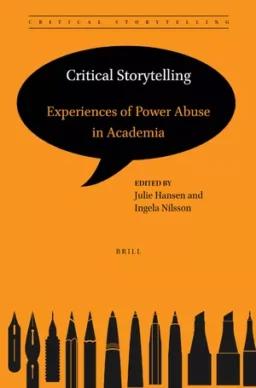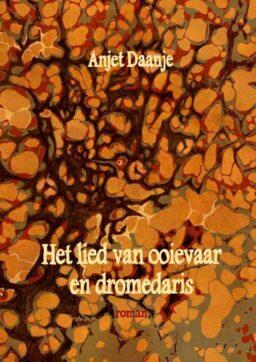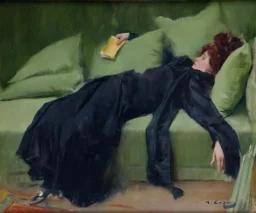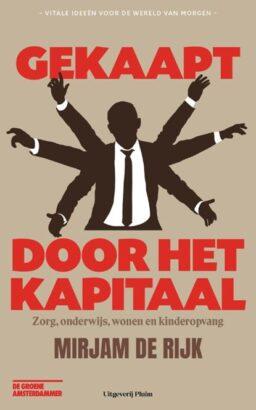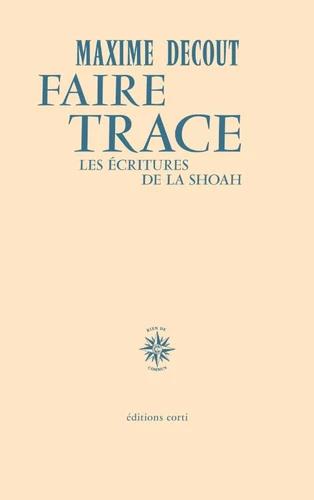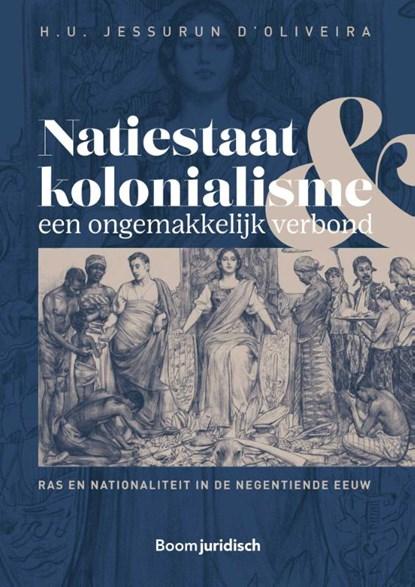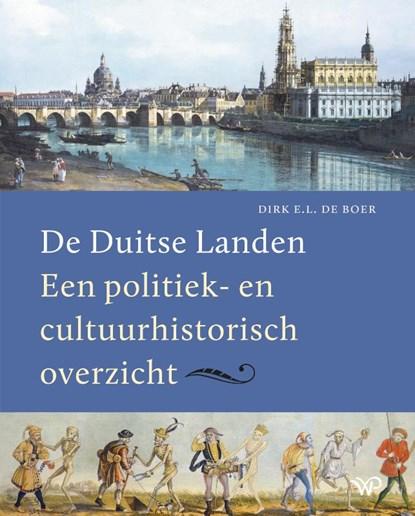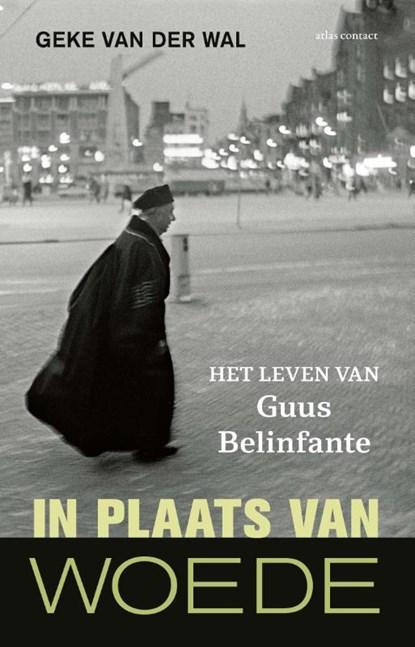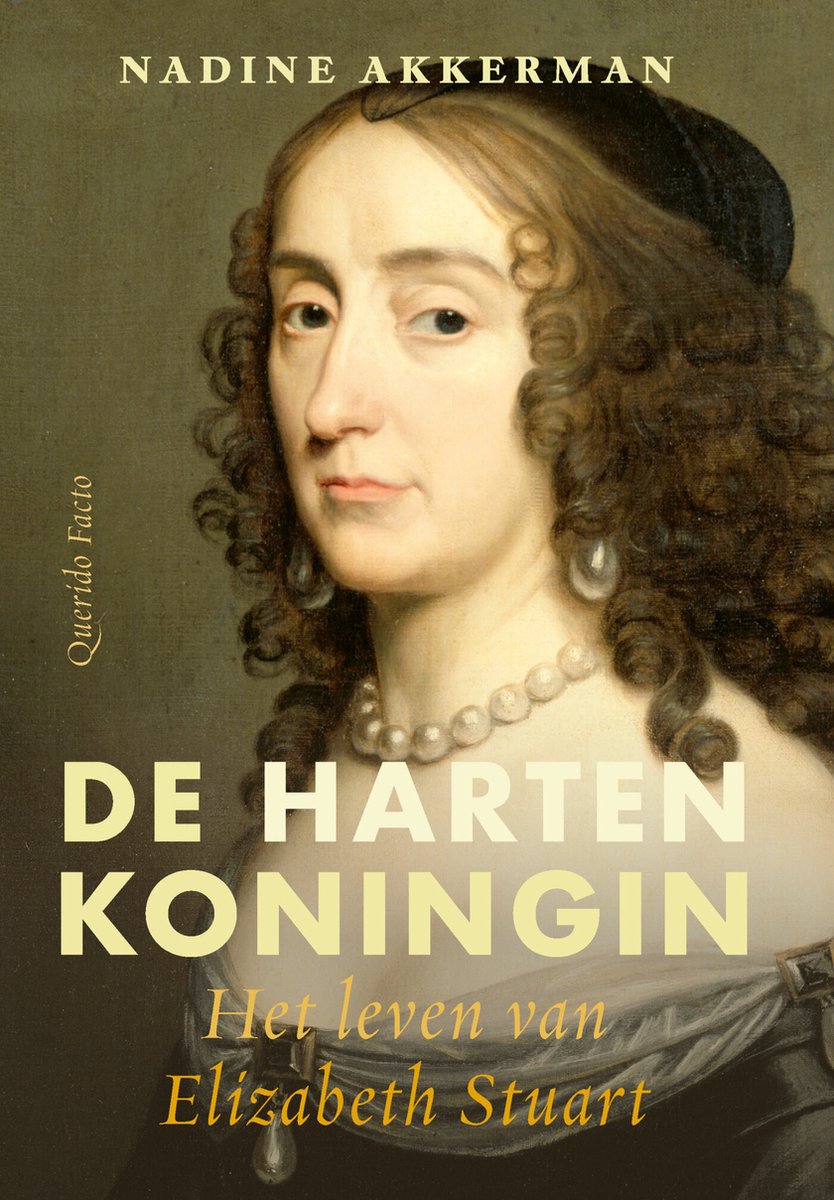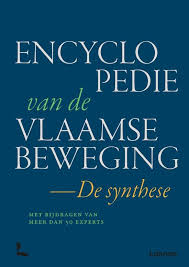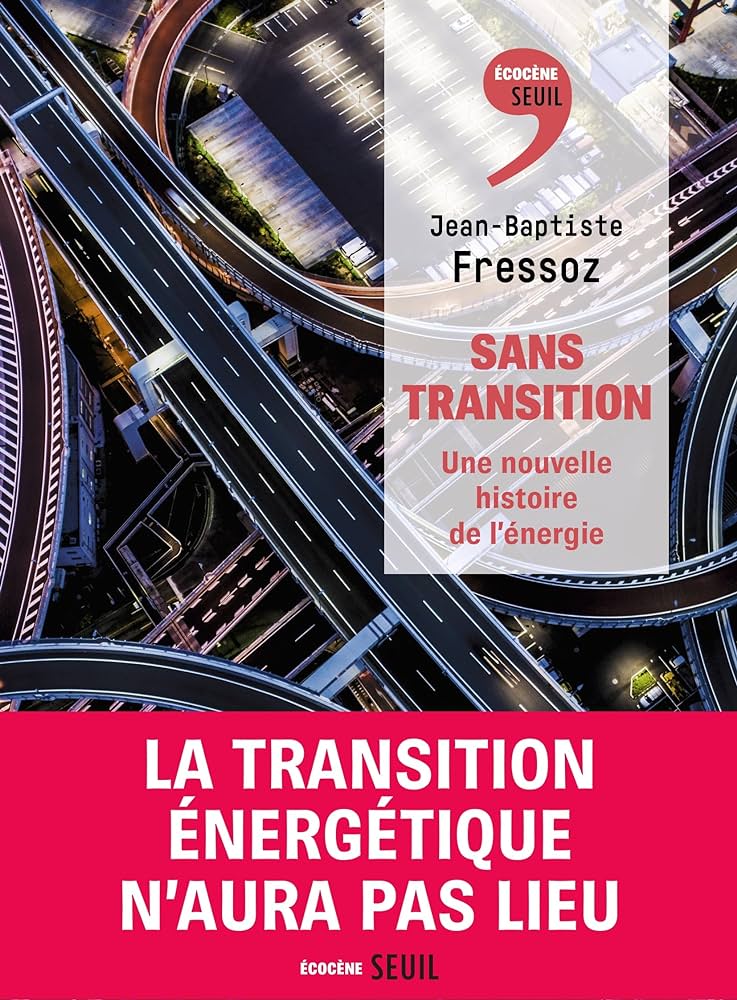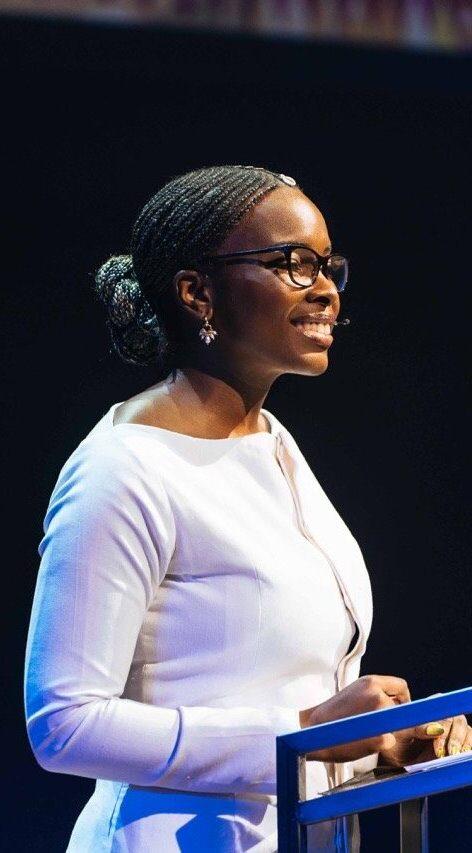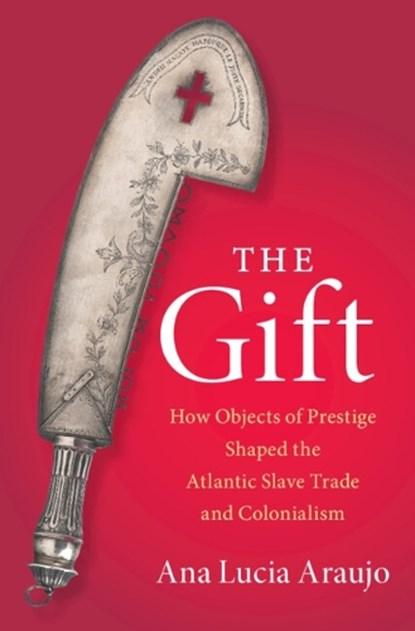A reply to Rob Hartmans
In de Nederlandse Boekengids 2016#4 (augustus) schreef Rob Hartmans in zijn terugkerende rubriek over belangrijke historici en hun oeuvres een kritische bijdrage onder de titel ‘Jonathan Israel, of: het slagveld van de ideeëngeschiedenis’. Met name in zijn omvangrijke Verlichtingstrilogie (2001-2011), maar ook in andere publicaties, schept Israel een nieuw interpretatiekader waarin de Verlichting in de eerste plaats als een politieke stroming wordt gepresenteerd. In zijn bijdrage (hier terug te lezen) looft Hartmans het werk van Israel, maar herhaalt hij ook de vaker gehoorde kritiek dat Israel zijn interpretatiekader bij tijd en wijlen té rigoureus toe zou passen. Een repliek van Jonathan I. Israel, gevolgd door een dupliek van Rob Hartmans.
“Disagreement is the stuff of academic and intellectual life and there is nothing wrong with heartily diverging on major intellectual questions. But something is definitely wrong when one side to the disagreement misrepresents the other with such a display of inaccuracy and distortion that it gives readers an altogether misleading impression of what the other side is arguing. This brings me to Rob Hartmans’s essay in the Dutch Review of Books (dNBg 2016#4, dated 27 August 2016). In reporting my argument, Hartmans achieves an astounding level of inaccuracy.
Beeld: detail van Spinoza bedreigd door een woedende menigte te Amsterdam, 1667, Noach van der Meer (II), naar Jacobus Buys, 1784 ()
According to his essay, I argue that the authors of the Terror in the French Revolution, Robespierre and his allies ‘behoorden niet tot de radicale maar tot de Gematigde Verlichting.’ Readers need to note that this is totally wrong. On the contrary, the ideology of those responsible for the Terror, I contend, was highly intolerant, permitted no criticism of the regime or freedom of expression, and rejected all Enlightenment values forming a key strand of the populist Counter-Enlightenment. Explaining this incorrectly is not just a mistake on Hartmans’s part but a fundamental distortion since the entire argument of my volumes Democratic Enlightenment and Revolutionary Ideas is built on the thesis that Robespierre, Marat and Montagne rejected outright the values of the democratic republicanism of the Brissotin early French Revolution (1789-93) – and also the values of the moderate Enlightenment – and did their best to destroy the intellectual and political legacy of both.
Having confused what I say about Robespierre, Montagne, Christian democrats and Christian reactionaries, as well as the important question of ongeloof, Hartmans deliciously muddles the discussion about ‘universal and equal human rights’. Certainly, the modern French philosopher, Yves Citton, like Theo Verbeek and some others, makes a notorious blunder by misrepresenting Spinoza’s equation of power and ‘right’ as an abrupt regression from, or de-universalizing of, ‘human rights’. [1] What such commentators fail to grasp is that in Van den Enden and Spinoza equating the ‘common good’ with equalizing rules set by the collective power of society, treating the interests of all as of equivalent worth, is precisely what empowers society to restrain the natural selfishness, violence and aggression of individuals and ground social stability and peace. Establishing optimal conditions for human ‘happiness’ by universalizing and equalizing individual freedom and security is conceived as an essentially political process achievable only by a state genuinely geared to the ‘common good’. Because Nature renders men profoundly unequal in abilities, knowledge, diligence and opportunities, and hence also in property and possessions, contended Spinozists, Nature obliges men, if they wish to live freely and well in society, to counteract the exploitative, discriminatory, and domineering consequences of natural inequality by devising an equalizing system of political rules or what d’Holbach dubbed the ‘égalité des droits de tous’ (equality of the rights of all).
This is why Spinoza and other radical enlighteners were democratic republicans. This is why the democratic republic was, and is, needed – to extend protection of ‘rights’ to all. This is why ‘universal and equal rights’ became, together with rejecting all supernaturalia, the defining frame of the Radical Enlightenment in its internally consistent versions. In his Politique Naturelle, the crypto-republican d’Holbach, like Spinoza earlier, totally rejects ‘equality’ in every natural or simplistic sense, fiercely deriding Rousseau and the very notion of equality in ‘the state of nature’. [2] Life in society under the state, radical enlighteners insist, not human solitariness dwelling in what he and Diderot considered Rousseau’s fantasy world, is the veritable ‘state of nature’. [3] People possess the rights that reason and freedom prescribe for men only insofar as they unite together to form a political community that imposes those rights by public authority and law based on a ‘general will’ realizable only by overcoming the many individuals who divergently strive to prevent this. [4] Serving the worldly interest of the greatest number is the exclusive rationale and just basis of all law and institutions. Laws not democratic in the sense of serving l’utilité générale, the common interest, for d’Holbach (as for Diderot, Helvétius, and later Condorcet and Bentham) are wholly ‘disavowed by reason’.
Did Hartmans get anything right? He is correct at least in stating that the ‘stroom kritiek op Israels Enlightenment-trilogie en het daaropvolgende boek over de Franse Revolutie’ has surged up hugely, but quite reprehensibly fails to explain that the supportive interventions basically accepting the framework I have put forward, while building on or refining it, have surged up just as vigorously and – on the whole – is patently more scholarly and to the point. He suggests that the stream of dismissive critique is such ‘dat ze onmogelijk genegeerd kan worden’; he may even believe that ridiculous claim. But after he has read the various debates appearing recently and over the next year, [5] including the Ashgate Handbook of the Radical Enlightenment, [6] he will eventually discover that, once again, he is massively mistaken: for, on the contrary, any balanced reader with a reasonable knowledge of the material will quickly realize that this great stream of negative criticism, including his, is highly reductive, simplistic, and misleading, and not infrequently – as in his case – quite pitiably confused.
Hartmans is welcome to find the comparison between myself and the Soviet Marshal Zjoekov to which he refers several times illuminating, well-judged and helpful; I think the comparison is total nonsense. Misrepresenting to the extent that Hartmans does, it is no accident that he devotes a whole page of his essay to expounding the opinions of David A. Bell who has been caught out repeatedly for distorting my arguments in the most outrageously inaccurate fashion – including stating, like Hartmans, that I see the Terror as a product of the ‘moderate Enlightenment’. Bell is justly located in the escalating debate among the very front rank of ‘our Reductionists’ (as I ironically call that fraction among my critics who complain a lot about my ‘reductionism’), dismissing my argument as ‘simplistic’, like Hartmans here, while plunging straight into the most furious reductionism themselves (going far beyond anything that I do). So let me finish by saying that the truly ‘grappige’ here, indeed perfectly ludicrous, is Hartmans’s judging that my ‘idee van de Verlichting is namelijk zo eenvoudig dat zelfs Max Pam, Sebastien Valkenberg en Annabel Nanninga het kunnen begrijpen’ when he himself has obviously understood absolutely nothing about it whatever and, on top of that, has abysmally misinformed readers as to how the academic debate is unfolding.”
Noten
[1] See Yves Citton, ‘À quoi servent les Lumières radicales? Un nouveau vocabulaire pour relayer un paradigme essouflé’, in: Lumières no. 13 (2009), special issue: Lumières radicales, Radicalisme des Lumières, 139.
[2] See Charles Devellennes, ‘D’Holbach radical: Contrat social et Éthocratie dans la pensée du baron’, in: Marta Garcia Alonso (ed.), Lumieres radicales et histoire politique: un débat (Paris: Honore Champion, 2016).
[3] See Paul-Henri Thiry, baron d’Holbach, La Politique naturelle, ou discours sur les vrais principes du gouvernement (‘Londres’ [Rotterdam], 1773), 12-13, 32.
[4] Sonja Lavaert, ‘Radical Enlightenment, Enlightened Subversion, and Spinoza’, Philosophica 89 (2014): 49–102, here 80.
[5] See for instance, the Journal of the History of Ideas 77/4 (October 2016), the interventions by Richard Wolin, Helena Rosenblatt, Joanna Stalnaker and myself.
[6] For altogether more balanced, knowledgeable and insightful perspectives than that of Bell, see besides the interventions of Lavaert, Devellennes’ and Wolin cited above, also Winfried Schröder, ‘Radical Enlightenment from a Philosophical Perspective’, in Frank Grunert (ed.), Concepts of (Radical) Enlightenment: Jonathan Israel in Discussion (Halle, 2014), 44–51; and the essays in Jonathan I. Israel and Martin Mulsow (eds.), Radikalaufklärung (Berlin, 2014), especially those of Martin Mulsow, Gianni Paganini, Silvia Berti, Wiep van Bunge, Antony McKenna, and Winfried Schröder. Further, see the essays in Steffen Ducheyne (ed.), Reassessing the Radical Enlightenment (London and New York; Routledge, 2017); additional substantive contributors to the ‘positive critique’ are Wayne Hudson, Maria José Villaverde, Marta Garcia Alonso, Landon Frim, and Anthony DeSantis; another recently published essay accepting the basic validity of my Radical Enlightenment thesis, is Nathan Wolloch, ‘Natural Disasters and the debate on the Unity or Plurality of Enlightenments’, The Eighteenth Century 57 (2016), 325-42; Siep Stuurman seemingly has a foot in both camps.
“Jonathan Israel mag mijn aan David A. Bell ontleende vergelijking met maarschalk Zjoekov dan volstrekt onzinnig vinden, dat neemt niet weg dat zijn repliek mij nog het meest doet denken aan een salvo van een batterij Stalinorgels (ofwel katoesja-raketten) – een wapen waaraan diezelfde maarschalk een flink deel van zijn succes te danken had. Ik heb er helemaal niets van begrepen, van mijn stuk deugt absoluut niets, en ik ben klaarblijkelijk iemand die zich helemaal niet over dit soort onderwerpen behoort uit te laten. Vooral mijn lichte toon – ik noemde iets ‘grappig’, in plaats van onzinnig – lijkt hem buitengewoon gestoord te hebben.
Ronduit belachelijk vindt hij het dat ik zijn visie op de oorzaken van de Franse Revolutie vergelijk met die van Groen van Prinsterer in diens Ongeloof en revolutie. Ongelovigen waren er al lang voor Spinoza, volgens Israel, en hij noemt allerlei achttiende-eeuwers die ongelovig waren maar die de status quo van het ancien régime wilden handhaven. Bij Groen is het begrip ‘ongeloof ’ echter een pars pro toto voor het gehele Verlichtingsdenken, en in zijn boek tracht hij te bewijzen ‘dat de Revolutie, met al de verscheidenheden van haar theoretische en praktikale rigtingen en vormen, het gevolg, de toepassing, de ontplooijing van het ongeloof is. Door theoretisch en praktikaal ongeloof werd de Filozofie en de Revolutie der 18e eeuw gevormd. Eene geheele reeks van dwaalbegrippen en gruwelen moest volgen, toen eenmaal het ongeloof den boventoon had.’ [1] Dit wijkt volgens mij toch niet zo heel sterk af van wat Israel in zijn boek over de Franse Revolutie schrijft. Hierin veegt hij alle studies naar sociale, economische en culturele oorzaken van de revolutie aan de kant, en stelt hij dat die ‘essentially secondary’ zijn ‘compared with the one major, overriding cause driving the democratic republican impulse – the Radical Enlightenment’. [2] Bovendien probeert hij zijn stelling dat het radicale gedachtegoed dé oorzaak van de revolutie was te onderbouwen met het, weinig overtuigende, argument dat de meeste tijdgenoten dit ook zo zagen. [3]
Israel kapittelt mij ook omdat ik verschillende achttiende-eeuwse denkers in de verkeerde categorie zou hebben ingedeeld. Blijkbaar is het hem ontgaan dat mijn grootste bezwaar tegen zijn visie op de Verlichting nu juist die keiharde indeling in een vermeende Radicale, Gematigde en Contra-Verlichting is. Uiteraard kun je heel goed wijzen op verschillende stromingen en tendensen in het zeventiende- en achttiende-eeuwse denken, maar de waterdichte schotten die Israel aanbrengt tussen de verschillende ‘Verlichtingen’, en de soms wel erg willekeurige wijze waarop mensen in dit of dat vakje worden ingedeeld, zijn volgens mij niet erg bevorderlijk voor een beter inzicht in deze materie. Dat Herder door hem wordt gezien als een ‘radicale Verlichter’, en dus in dezelfde categorie valt als Spinoza en Diderot, is zonder meer misleidend. Ook is zijn truc om de belangrijkste schuldigen aan de Terreur in het vakje van de ‘Contra-Verlichting’ te stoppen – en zo dus elke discussie over een mogelijke relatie tussen Verlichting, terreur en totalitarisme uit de weg te gaan – niet alleen erg opzichtig, maar ook buitengewoon simplistisch. Dat Jonathan Israel grote verdiensten heeft voor de geschiedschrijving, en dat zijn boeken een enorme stimulans hebben gegeven aan de bestudering van de Verlichting, staat buiten kijf. Het is alleen jammer dat hij zich sinds 2001 vooral is gaan opstellen als een ideoloog die de heilsboodschap van het radicale, seculiere Verlichtingsdenken erin wil rammen.
Noten
[1] G. Groen van Prinsterer, Ongeloof en revolutie. Eene reeks van historische voorlezingen (Leiden 1847) 180.
[2] Jonathan Israel, Revolutionary Ideas. An Intellectual History of the French Revolution from The Rights of Man to Robespierre (Princeton 2014) 695.
[3] Ibid., 14. En dat terwijl Israel de meeste andere opvattingen van deze, overwegend gelovige, auteurs dan weer niet overneemt.

